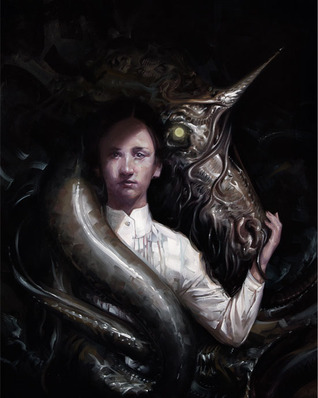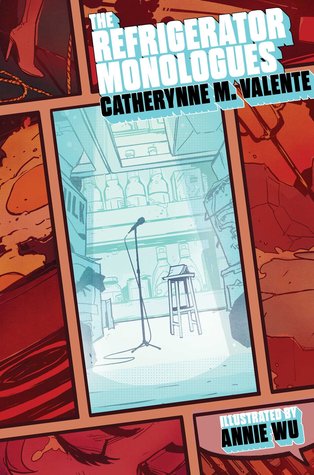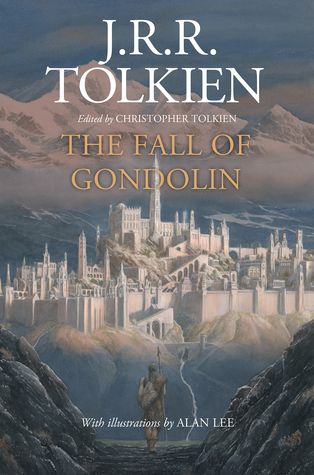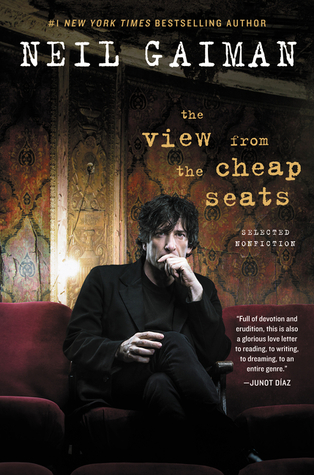3.5 Stars
This is one of those little books of curiosities. A lingual wunderkammer, an armchair traveler's delight. Short and easy breezy fun to pick through, and a perfect selection for times of constant interruption. Arranged geographically for the most part except for a section that just pulls out ancient languages. I think the advantage in this is brevity that avoids making it seem like reading a dictionary--which I totally did as a child.
Basque akelarre, 'the meadow of the male goat' or a nighttime gathering of a coven of witches.
German, way too many to choose from with their ingenious compound words, but drachenfutter, offering of errant husbands, literally dragon fodder.
Czech litost, "a state of torment created by the sudden sight of one's own misery".
Swedish bejaka, seems a more difficult one to grasp, but it seems to be along the lines of an optimism, acceptance of life and its vicissitudes.
Norwegian nidstang, a runic cursing pole used for vengeance. Hmmm... yes, like voodoo dolls, but instead of weaving the cursing in a totem you get to carve it deep. This is appealing, unfortunately, I live in less arboreal clime. Seems to be a variation of disturbing the earth spirits, like Icelandic's alfreka.
Tshiluba (Rep. of Congo) ilunga, "describes a person who will forgive any transgression a first time and then tolerate it for a second, but never for a third time".
Chinese gagung, "bare sticks" or "bare branches" are males who won't marry because of the one-child policy and gender imbalance result.
Japanes yokomeshi, "meal eaten sideways" or the stress of speaking foreign Western language with its horizontal layout.
Gaelic sian, haunting music heard from fairy hills, soft, sorrowful and enchanting.
Tierra Del Fuego mamihlapinatapei, shared look in a private unspoken moment, romantic, funny, or understanding.
Rating this seems odd. I liked the layout, it worked well. Some languages there were few words that I wasn't familiar with; Moore selected terms that have been incorporated into English and so those entries seemed weak by comparison.

















































